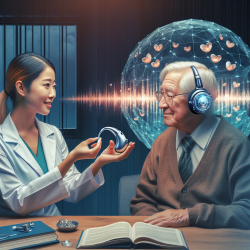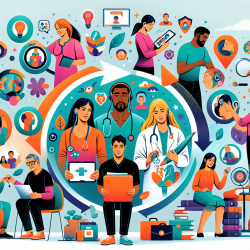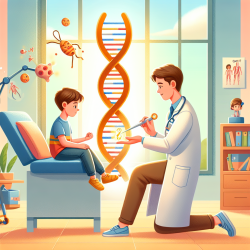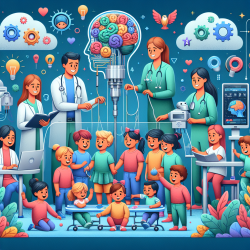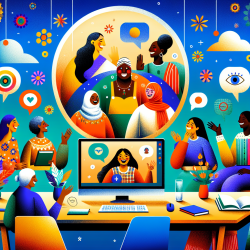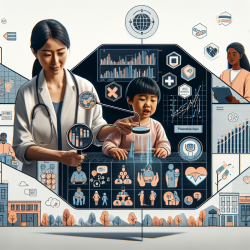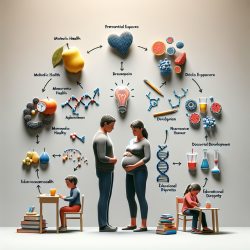In the evolving field of audiology, the balance between embracing technological advancements and maintaining a humanistic approach to patient care is crucial. The commentary on "The Psycho-Social Impact of Hearing Loss in Everyday Life: An Anthropological View" by Patricia Bender Kricos highlights the importance of this balance, urging professionals to consider the broader implications of hearing loss beyond the clinical setting. This blog post aims to explore how practitioners can improve their skills by implementing the outcomes of the research presented and encourages further exploration into the psycho-social aspects of hearing loss.
The Need for a Broader Perspective in Audiology
The anthropological perspective presented in the commentary emphasizes the importance of considering the everyday contexts in which individuals with hearing loss navigate. It suggests that reducing handicap involves more than treating the hearing impairment in isolation; it requires understanding the individual's social and environmental interactions. This approach is a departure from traditional audiological practices that often focus on clinical tools and objective tests, neglecting the real-world challenges faced by those with hearing loss.
Integrating Significant Others in the Rehabilitation Process
The commentary underscores the necessity of including "significant others" in the hearing aid orientation programs. These significant others extend beyond family members to include anyone the individual with hearing loss interacts with regularly, such as bus drivers, ministers, or librarians. This inclusive approach ensures that the rehabilitation process acknowledges and addresses the broad spectrum of communication challenges encountered in daily life.
Challenges Posed by Technological Advancements
While technological advancements in audiology, such as cochlear implants and digital signal processing hearing aids, have significantly improved the quality of care, they also present new challenges. There is a risk that focusing too narrowly on these technologies can detract from the original goal of helping individuals with hearing impairment. Practitioners must ensure that technological solutions are integrated into a comprehensive care plan that considers the individual's emotional acceptance, motivation, and expectations.
Addressing the Psycho-Social Aspects of Hearing Loss
The commentary calls for a renewed focus on the psycho-social aspects of hearing loss, advocating for a treatment approach that goes beyond the provision of hearing aids. This involves understanding the stigma associated with hearing loss and its impact on the individual's coping abilities. Audiologists are encouraged to engage in meaningful dialogue with their clients, involving them in the problem-solving process and goal setting to address their specific needs and concerns.
Implications for Audiology Education
The need to balance technology with humanistic concerns has significant implications for audiology education programs. There is a pressing need to instill in students an understanding of the psycho-social aspects of hearing impairment. This requires a curriculum that emphasizes not only technical skills but also interpersonal skills, counseling, and an understanding of the broader impact of hearing loss on individuals' lives.
Conclusion
The commentary on "The Psycho-Social Impact of Hearing Loss in Everyday Life: An Anthropological View" serves as a valuable reminder of the complexity of hearing loss and the need for a holistic approach to audiological rehabilitation. By integrating technological advancements with a deep understanding of the psycho-social aspects of hearing impairment, practitioners can offer more effective and compassionate care. As the field of audiology continues to evolve, it is imperative that professionals remain committed to addressing both the technical and humanistic needs of their clients.
To read the original research paper, please follow this link: Commentary on The Psycho-Social Impact of Hearing Loss in Everyday Life: An Anthropological View.
